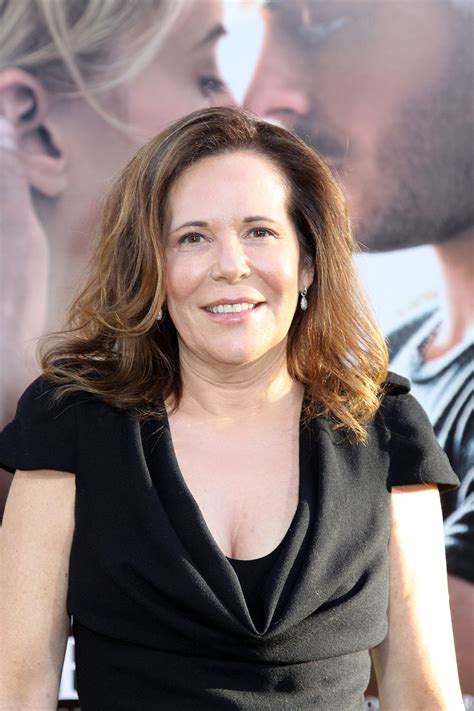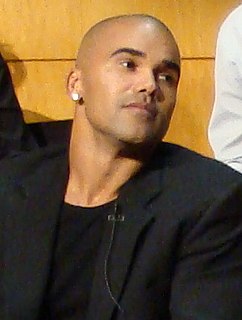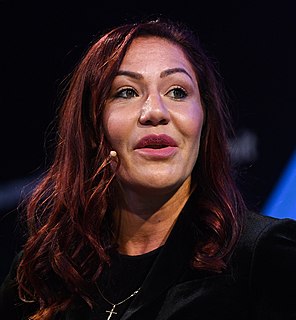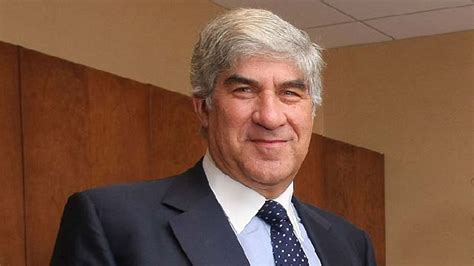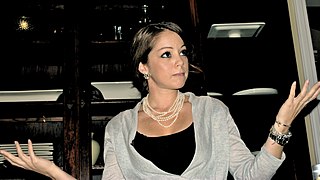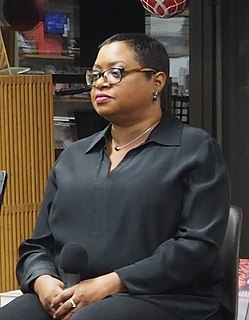A Quote by Miranda July
Long before I started to write in earnest, Lorrie Moore taught me you could have a woman narrator who was funny and complex and even wrongheaded. She opened up a lot of space that me and a million other women rushed into.
Related Quotes
There were a few before me, there was a generation that started a little bit before me of women producers and Sherry Lansing, she was the first woman studio president, and she was really inspiring to me. I was inspired by other women in other fields, I was an adolescent in the 70s with the second wave feminism, and I got very inspired by that and felt like, you know what, there's no reason why I can't do this.
Although I have a lot of close female friends in my life, my number one is still my mom. Without her, I wouldn't have the values that I have and see the world the way that I do today. She taught me how to appreciate and respect women. She taught me chivalry and how to love a woman and respect their feelings and emotions.
My Father taught me to weigh my words carefully, and speak up only when I had something insightful to add to the proceedings, or something really funny to say. He also taught me that if I couldn’t be that kind of guy in real life, that I could earn a healthy living pretending to be that guy in the movies – particularly when paired up with a long haired stoner.
When I looked at [Fannie Lou] Hamer and that speech it seemed to me that she had to be the bravest woman ever, to come before that body and to assert her rights, when she knew that she was going lose that battle. But she did it anyway, because she knew she was speaking not just for herself and for that day, but for me, and for all the other young women who were coming behind her. She didn't know our names, but she was working for us. I find that incredibly empowering.


